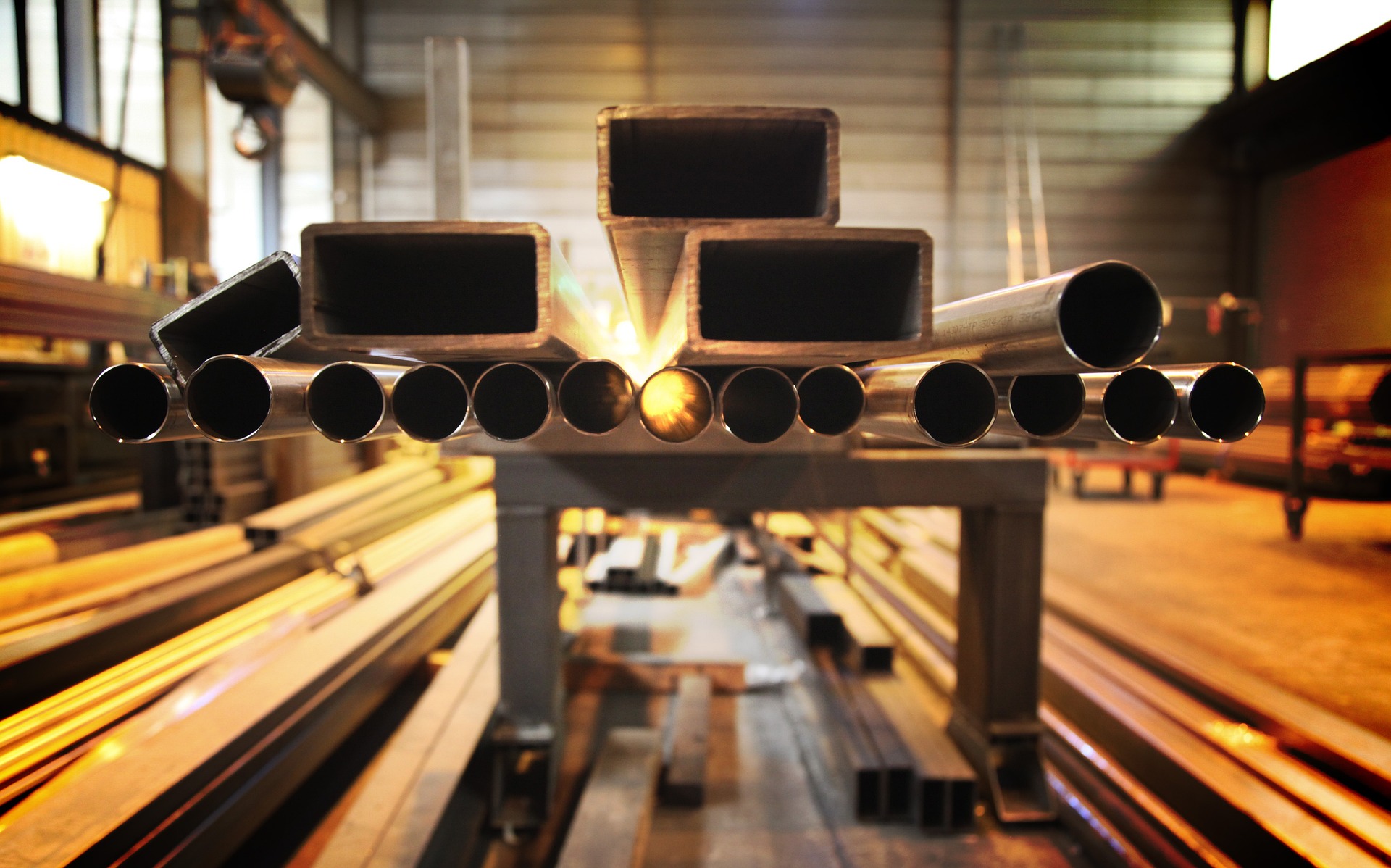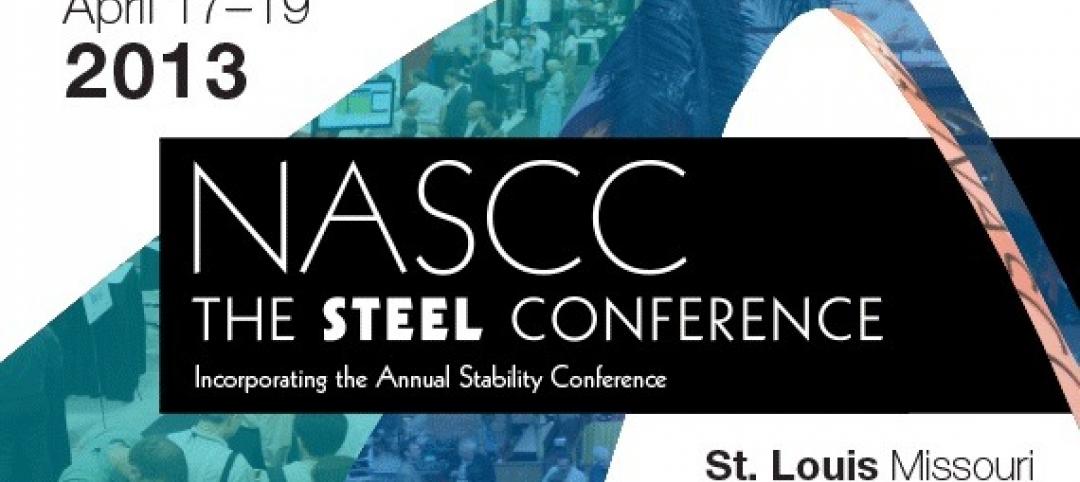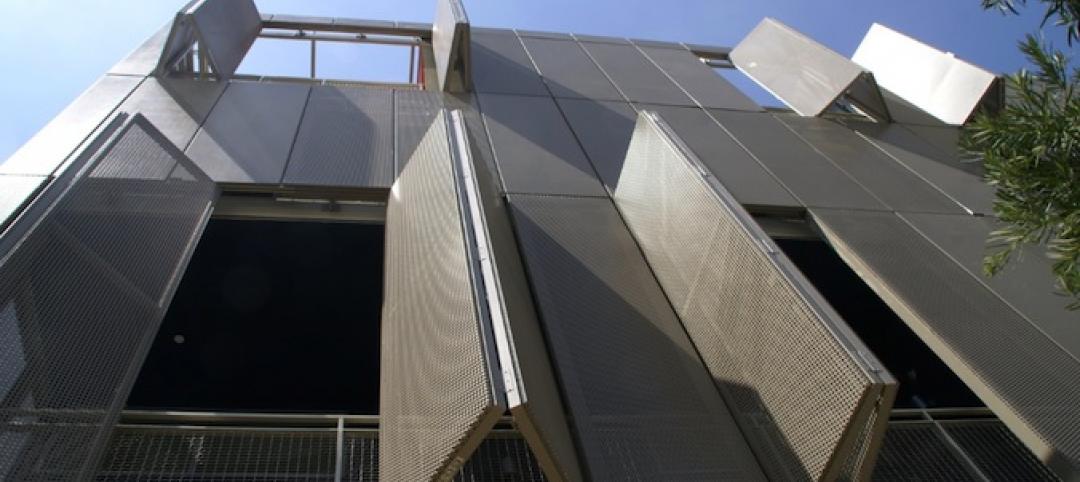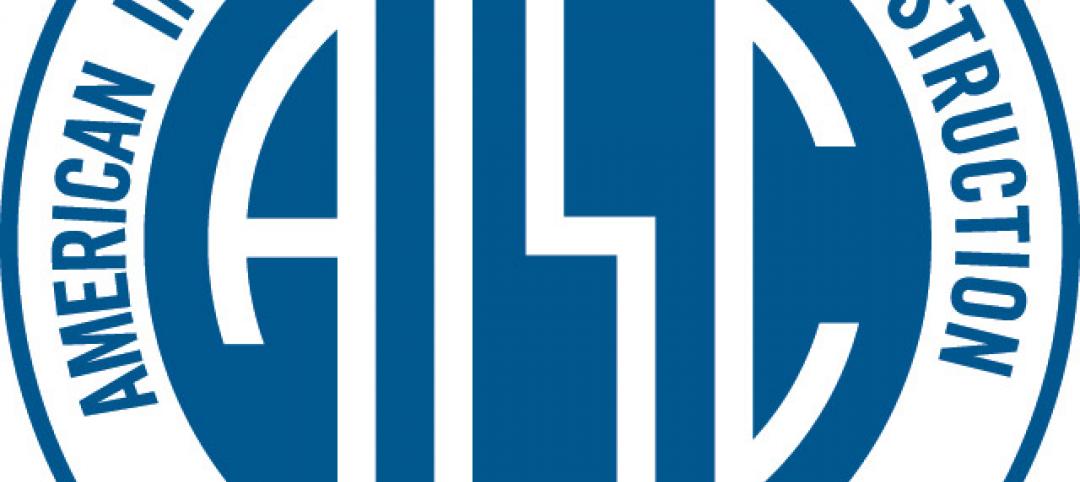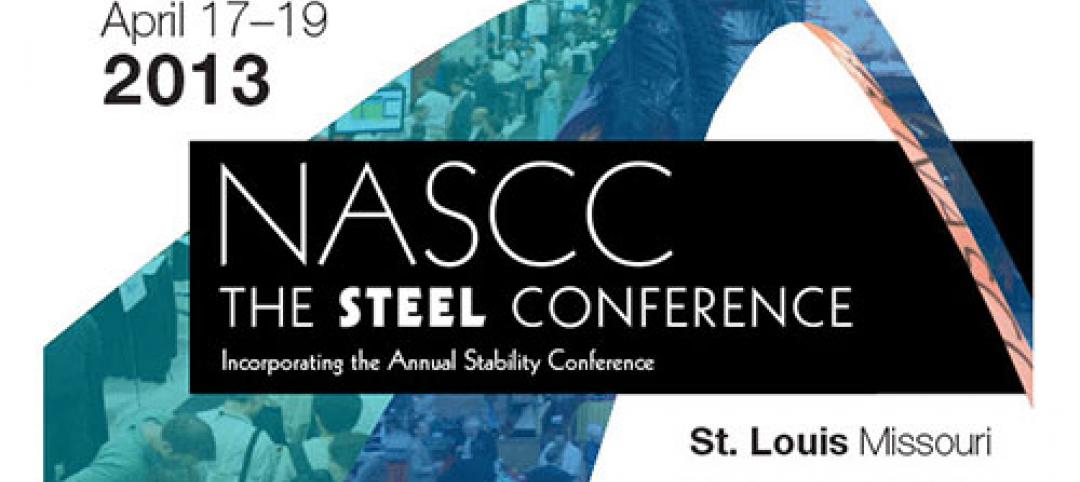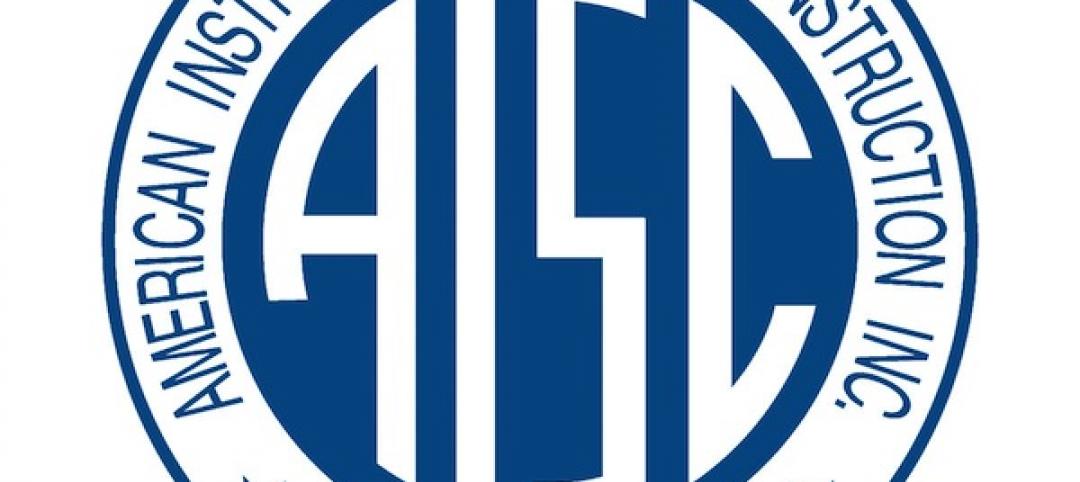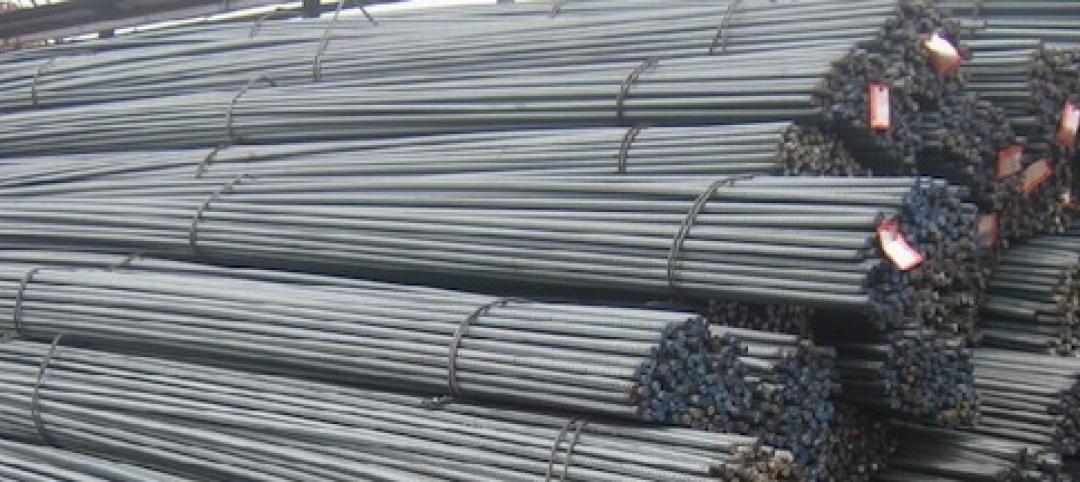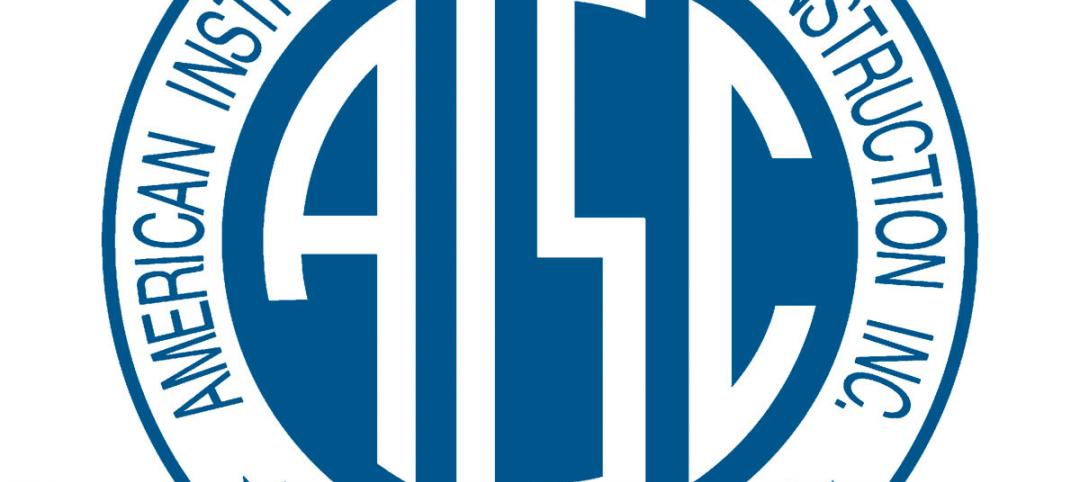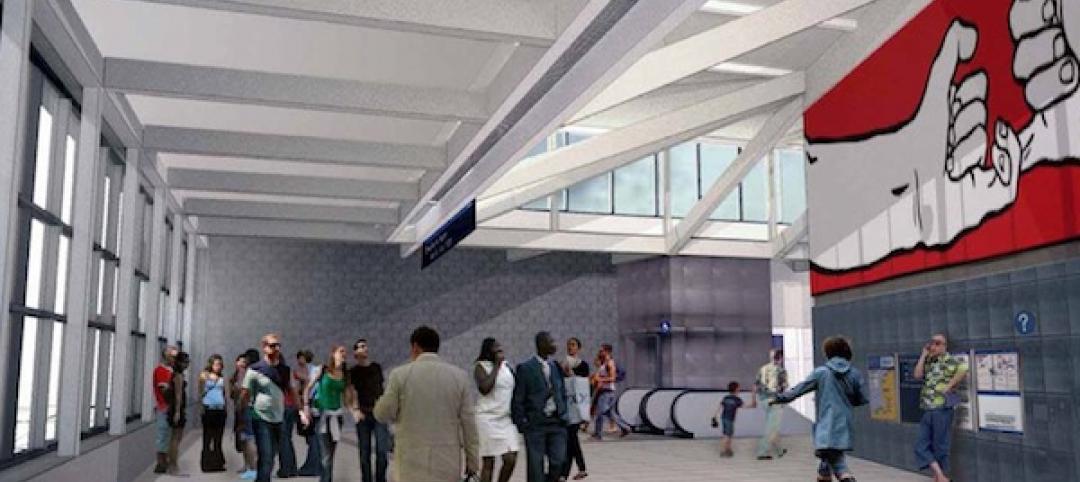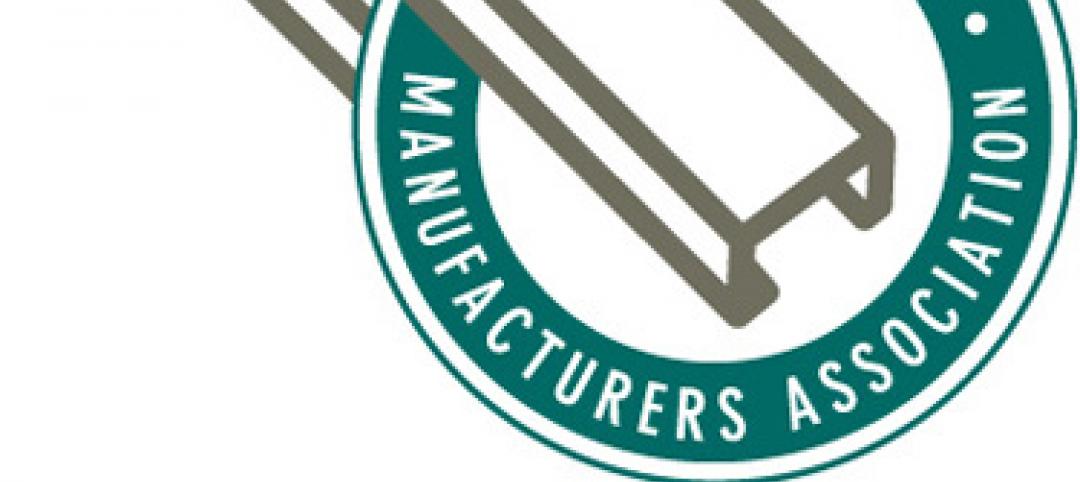“Green steel” that is manufactured using hydrogen generated with renewable energy makes its use as a building material more feasible for environmentally conscious designers and clients.
Sustainable manufacturing processes, which are economically viable in the U.S., could also revive steelmaking in the country as the metal becomes more attractive for green building. In addition, faster adoption of green steel could be fueled by communities competing for new plants and the new jobs that come with them, making them more attractive to build for steel manufacturing companies.
“A transition to fossil fuel-free steelmaking could grow total jobs supported by steelmaking in the region by 27% to 43% by 2031, forestalling projected job losses,” according to a study by the Ohio River Valley Institute. “Regional jobs supported by traditional steelmaking are expected to fall by 30% in the same period.”
The traditional steelmaking process using coal generates 7.2% of all carbon emissions worldwide, making the industry alone more polluting than the entire European Union, according to one estimate.
A modern, greener method of producing steel works like this: Iron ore is melted in an electric arc furnace using hydrogen, rather than coke, to process the material. This requires less energy than traditional methods, and renewable energy could power the furnace and generate hydrogen, making the process environmentally sound.
Developmental projects in Europe are experimenting with biochar, electrolysis, and other ways to power the electric arc process. In the U.S., one company is experimenting with an oxide electrolysis model that eliminates the need for coal by creating a chemical reaction that turns iron ore into steel.
Any of these greener steelmaking methods could help make the metal a sound choice for meeting sustainability standards and goals.
Related Stories
| Mar 29, 2013
Top industry professionals to receive awards at NASCC: The Steel Conference
On April 17, Michael F. Engestrom, Dann H. Hall, Michael A. West, Stephen A. Mahin, Wallace W. Sanders, Jr., Mark V. Holland, Steven C. Ball, Rafael Sabelli, Judy Liu and William J. Wright will be recognized by the American Institute of Steel Construction (AISC) for their exceptional contributions to the advancement of the structural steel design and construction industry.
Building Enclosure Systems | Mar 13, 2013
5 novel architectural applications for metal mesh screen systems
From folding façades to colorful LED displays, these fantastical projects show off the architectural possibilities of wire mesh and perforated metal panel technology.
| Mar 9, 2013
NASCC: The Steel Conference to offer wide array of technology sessions
For the second consecutive year, NASCC: The Steel Conference provides a glimpse into the future of technology in steel construction with the Technology in Steel Construction Conference (TSCC). This special track features nine informative sessions that focus on advanced technology use throughout the steel construction industry, from various topics on building information modeling (BIM) to interoperability.
| Mar 5, 2013
AISC to give away 14 passes to 2013 NASCC: The Steel Conference
The American Institute of Steel Construction is giving away 14 complimentary full registration passes (each worth $480) to its annual NASCC: The Steel Conference, April 17-19, in St. Louis.
| Mar 1, 2013
AISC to offer $135,500 in student scholarships for 2013-2014 academic year
The American Institute of Steel Construction (AISC), in conjunction with several of its structural steel industry partners, is offering $135,500 in scholastic aid for the 2013-2014 academic year.
| Feb 26, 2013
CRSI releases new technical note on stainless steel reinforcing bars
The Concrete Reinforcing Steel Institute (CRSI) has released a new technical note, Frequently Asked Questions (FAQ) about Stainless Steel Reinforcing Bars, to its online collection.
| Feb 25, 2013
AISC seeks proposals for development of BIM best practices guide
The American Institute of Steel Construction seeks assistance from BIM users in identifying and documenting best practices to facilitate the long-term standardization of BIM in structural steel construction.
| Feb 25, 2013
Turner employs rare 'collapsible' steel truss system at Seattle light rail station
To speed construction of the $110 million Capitol Hill Station light-rail station in Seattle, general contractor Turner Construction will use an unusual temporary framing method for the project's underground spaces.
| Dec 17, 2012
Steel Stud Manufacturers Association donates $100,000 to industry research
SSMA is co-funding projects identified to be critical by the industry including research on fire rated intersections, clip-angle connections, blast resistant cold-formed steel framed walls, adoption of cold- formed steel framing in ASCE 41 and establishing cold-formed steel framing’s sustainability message.
| Nov 27, 2012
SFIA releases technical guide for cold-formed steel framing products
The 114-page book covers both structural and non-structural applications, including section properties of SFIA member product profiles, and complete load and span tables for most applications.


